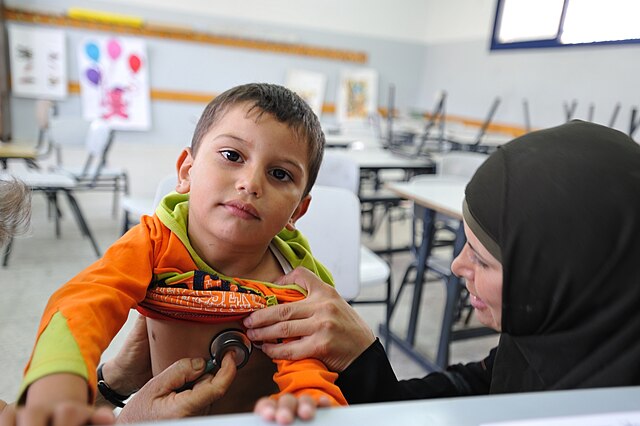Motherhood is often considered a source of joy and personal fulfilment, but it does not always match the expectations and desires of the women who live it. Some mothers may experience frustrations, disappointments, guilt, and inner conflicts related to their role as parents and their relationship with their children. These feelings can generate a form of emotional ambivalence, in which the love for the child is mixed with negative feelings such as resentment, jealousy, bitterness and hatred.

This ambivalence can be difficult to manage and express, especially in a society that idealizes the figure of the mother and condemns any form of deviance or failure. Many mothers feel lonely, isolated, misunderstood and judged by others, both by their partner and by their extended family, as well as by the social workers who take care of their children, such as teachers, educators, doctors, psychologists. These figures can be seen as a threat, a competition or a criticism to their own educational style and their own ability to love.
The hatred towards others can become a psychological defence to protect the visceral bond with the child and to deny their own fragility and insecurities. Some mothers may vent their verbal or physical aggression against anyone who contradicts or questions them, creating situations of conflict and violence. This behaviour can have negative consequences both for the mothers themselves, who may incur legal or social sanctions, and for the children, who may suffer emotional or relational traumas.
To prevent and deal with these situations, it is important that mothers can find a space of listening and support, where they can freely express their feelings without fear of being judged or condemned. It is also useful that mothers can recognize and accept their own emotional ambivalence as a normal part of the relationship with their children, without feeling guilty or inadequate. Finally, it is essential that mothers can build a network of positive and collaborative relationships with other people who take care of their children, based on mutual respect and sharing of educational responsibilities.
If you need more help or want to learn more about the topic, you can visit some of the following websites:
– The eternal ambivalence of relationships between love and hate. https://www.psicologiacontemporanea.it/blog/leterna-ambivalenza-delle-relazioni-tra-amore-e-odio/
– The love-hate of mothers https://www.psicologia-e-benessere.it/gocce/amore-odio-delle-madri.htm.
– Umberto Galimberti: Mothers divided between love and hate for their children. https://www.feltrinellieditore.it/news/2002/07/01/umberto-galimberti-madri-divise-tra-amore-e-odio-verso-i-figli-221/